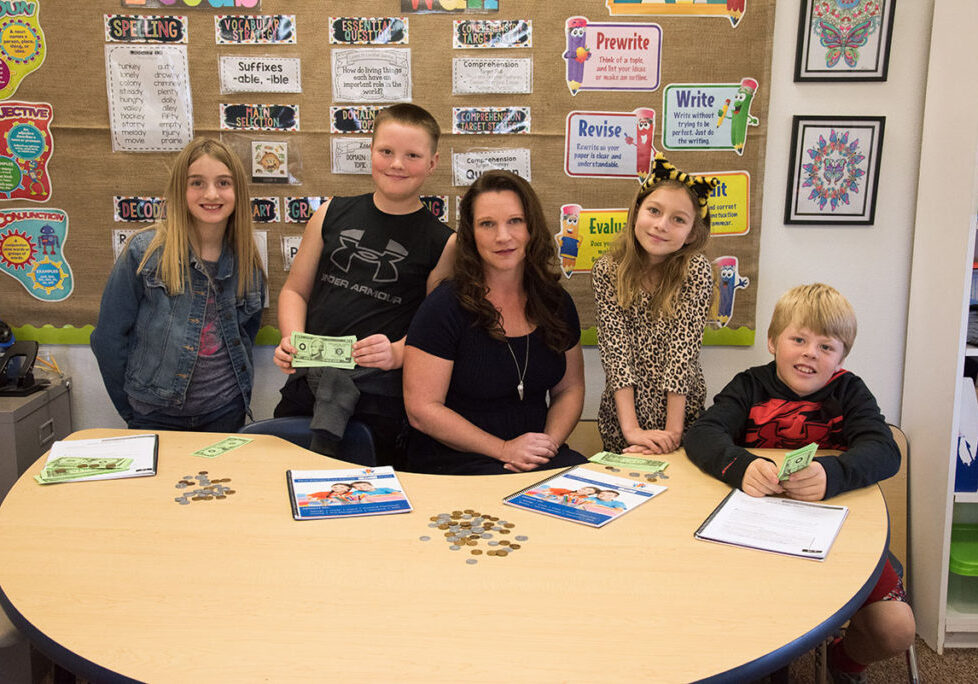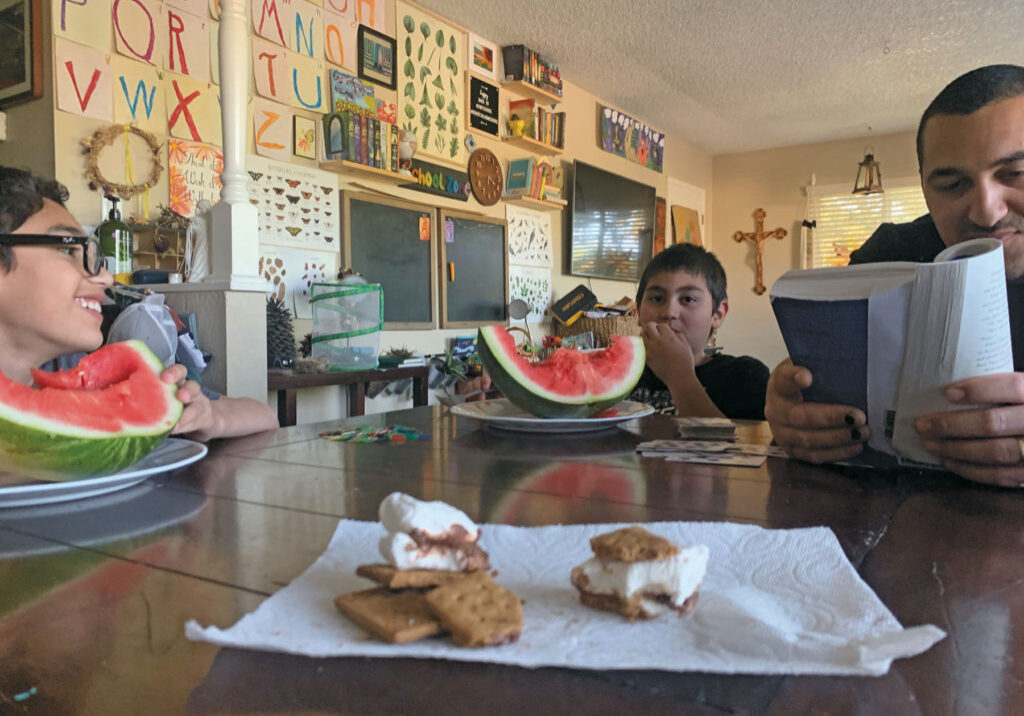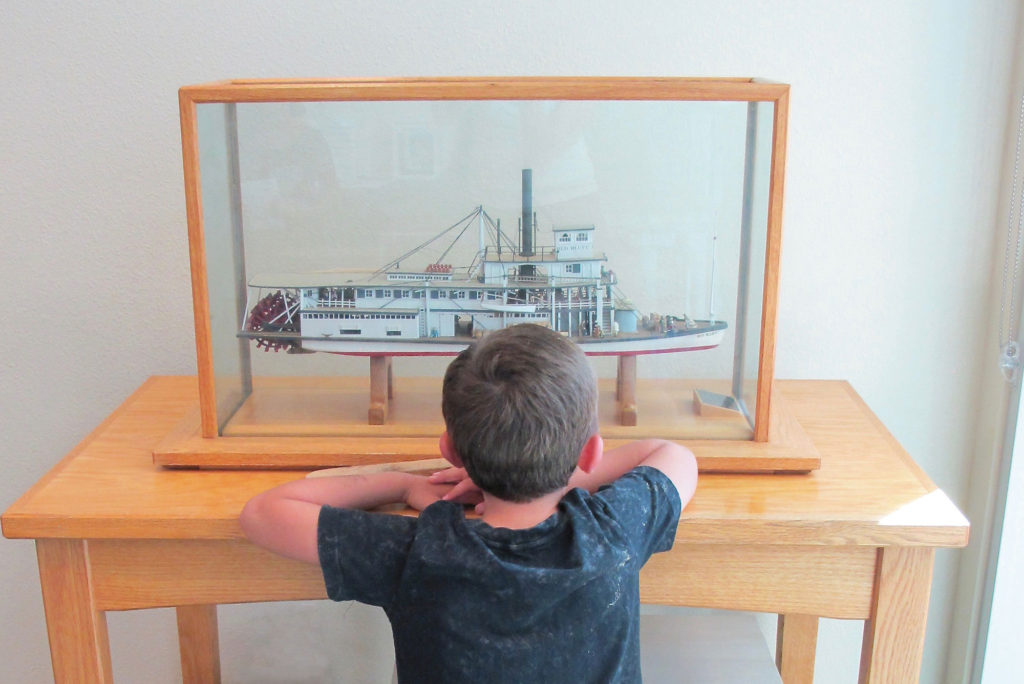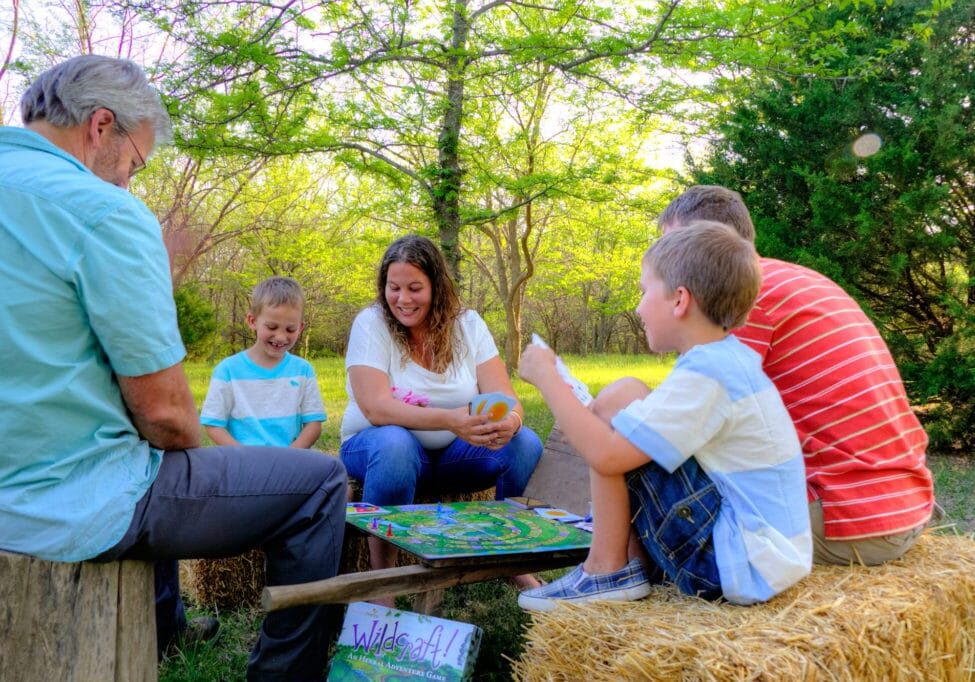Maybe you just spotted a rainbow, watched a video about our expansive universe, or witnessed the birth of your child. The emotion you feel is hard to grasp—an overwhelming mix of wonder, joy, and sometimes even fear. These moments are so exhilarating that we get goosebumps on our arms, feel tingling up and down our spine, tears flood our eyes, and our jaw drops. That feeling is awe.
Awe has a powerful effect on our body and mind
Awe is an emotion that has a powerful effect on our body and mind. It is a feeling very hard to put into words. David Delgado, a visual strategist at NASA’s Jet Propulsion Laboratory, is also an independent artist who is developing the Museum of Awe, a series of art/science experiences designed to leave visitors feeling the gift and privilege of being alive. He describes awe as an instant when you can’t quite grasp something. “It feels like magic, amazement, mystery, reverence. It’s the moment when we realize it’s a gift and privilege to be alive.”
Awe allows us to transcend the ordinary
Awe allows us to transcend the ordinary, tests our concept of time and scale, gives us the sense of being small in a grand universe, and helps us to truly be in the moment.
Awe can be triggered by different things for different people. It can result from profound beauty, spending time in nature, feeling connected to others, remarkable human accomplishments, scientific discoveries; or great works of architecture, art and music. According to award winning cinematographer Louie Schwartzberg, who created the Gratitude Revealed (gratituderevealed.com) film series, “It doesn’t matter what pathway it takes, or what your belief system is, or what the story is. We just want to feel it. What is important is…to be moved.”
Awe can make us happier and healthier
As our culture becomes more self-focused and overworked, awe can instill a deeper sense of worldliness, kindness and peace in our children. Recent research shows that awe can make us happier and healthier in a number of significant ways.
Awe stimulates curiosity and expands creativity
When we observe something awesome we want to learn more about how it is all possible. Curiosity is critical to children’s growth and success. And, people who are curious tend to get along better with others.
Awe inspires us to be more creative because we begin to view the world in a broader sense. This expansive thinking helps us consider new perspectives and see beyond our present situation. In a 2012 study from Tel Aviv University, one group of children was asked to look at a series of photos, starting with basic everyday objects and then shifting to vast or faraway things like the Milky Way galaxy. Another group was shown the same images but in the opposite order. The children who saw the objects from small to expansive performed significantly better on creativity tests.
Awe helps us feel more connected and grateful
A study at the University of California, Berkeley concluded that awe makes us lose our awareness of “self” and feel more connected to the world around us. This helps get rid of dangerous “us versus them” thinking. Additionally, when we witness a remarkable moment, we want to share it with other people, causing us to bond with family, friends, and even strangers.
Awe gives us a sense of hope and the ability to see the bigger picture. It teaches us that there might be something magical in everyday life that we can be grateful for.
Positive psychology researchers have discovered that people who have a clear purpose in life experience less pain and anxiety and are less depressed. By being connected to something larger than ourselves through awe, we are more likely to be inspired and motivated to face new challenges and reach our goals. Research shows that children who grow up with a sense of purpose are typically happier, have a more successful career, and have stronger relationships later in life.
Reduces Anxiety and Depression
Feelings of awe boost our mood. Our nervous system reacts in the opposite way to awe than anxiety. Instead of the “fight or flight” response kicking in, awe keeps us still and relaxed, benefiting both our body and mind.
We can find awe anywhere
Fortunately, children are born with a sense of wonder and amazement. And, fortunately, we can find awe just about anywhere. Here are a few ideas for your next awe adventure:
- Nature: zoos, mountains, forests, hiking trails, beaches, waterfalls, clear starry nights, sunsets, sunrises, botanical gardens, canyons, caves
- Urban: historical monuments, skyscrapers, subway systems, large sports stadiums
- Indoor: libraries; art, science, and history museums; cathedrals; concerts; musicals and other performances; planetariums; aquariums
- Journal and make art. Journal writing helps children reflect about the awe they have experienced. Using drawing, photography, painting, sculpture or collage also makes the experience more significant.
- Read awe-inspiring books, poetry, and short stories to your children, such as biographies about great heroes and descriptions of nature, scientific discoveries, great places, and historical events.
- Listen to touching music or play your own. From piano ballads of the great composers to rap songs about changing the world, your child will discover what moves them.
Awe offers so many ways for our children to prosper in this challenging world. Actively seeking opportunities to experience awe as a family is so critical to their well-being, and has the power to improve society as a whole.
Posted in: Education, Youth & Teen
Comment Policy: All viewpoints are welcome, but comments should remain relevant. Personal attacks, profanity, and aggressive behavior are not allowed. No spam, advertising, or promoting of products/services. Please, only use your real name and limit the amount of links submitted in your comment.
You Might Also Like...

Pennies on Purpose: Bringing Financial Literacy to Youth in the North State
Pennies on Purpose Bringing Financial Literacy to Youth in the North State Trisha Funk of Redding’s Pennies on Purpose is hoping to turn that around. A Certified Financial Education Instructor […]

How To Talk To A Teacher
A meeting between you and your child’s teacher can be a powerful tool for helping your child succeed in school. Whether scheduled by the school, requested by you, or suggested by […]

A to Zen for Teens: 26 Ways to Help Your Teen Find More Peace
Does your teen seem frazzled and stressed? Teens face stress from many directions, and so do their parents. We can all benefit from more calm; however, teens may not be […]

Curating Your Distance Learning Space
How to Set Up the Ideal Distance Learning or Homeschool Space For inspiration on how to set up the ideal distance learning or homeschool space, follow Rose Duran on Instagram […]




[…] Inspiring awe in children is crucial as it offers numerous benefits. It broadens their perspective, fostering creativity and open-mindedness. Awe stimulates curiosity, fuelling a desire to learn and explore, contributing to their intellectual growth. It cultivates gratitude, allowing children to appreciate the beauty and magic in everyday life, promoting happiness and contentment. Awe also fosters a sense of connection, reducing divisive thinking and promoting empathy and compassion towards others, reports Not The Parent. […]